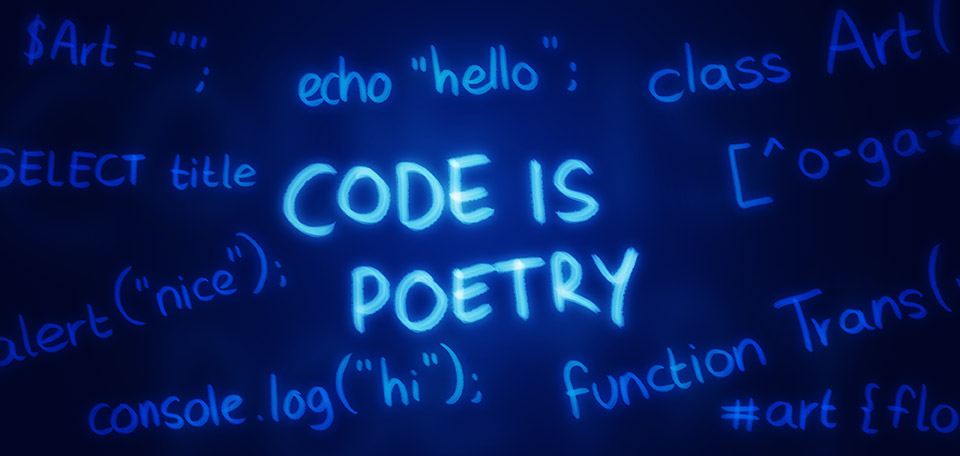The Art of Code
Code is poetry written with passion and love. If this resonates with you, we’re kindred spirits. If not, read on to discover why.

The Evolution of Code
In the early days, programming was simply about composing 1s and 0s to make machines compute. Today, it has evolved into something far more collaborative and nuanced. With large teams working on shared codebases, what matters most is writing code for human readers - the machine execution comes second.
The Poetry in Code
What makes a poem beautiful?
- It’s written with care
- It’s well thought out
- It uses elegant language
- Its ideas are clear
- It connects with readers
- Every word has purpose
- It’s crafted with passion
The same principles apply to code.
The Signs of Artful Code
We’ve all worked with messy codebases that feel unloved. Good code can be measured by the “WTF moments” while reading it. If you find yourself jumping between files just to understand what’s happening, or if you’re exhausted after reading just a few lines - that’s not art.
How to Care for Your Code
- Thoughtful Naming
- Use clear conventions for variables, classes, and interfaces
- Name classes as nouns, methods as verbs
- Keep naming consistent (if you have
PersonEntity, useEmployeeEntity, notEmployeeObject) - Let method names describe their single responsibility
- Elegant Simplicity
Instead of this:
public Integer calculation(Integer var1, Integer var2){ //adding given two numbers Integer temp = var1 + var2; return temp; }Write this:
public Integer add(Integer numOne, Integer numTwo){ return numOne + numTwo; } - Self-Documenting Code Just as a poem doesn’t need explanatory notes, good code often doesn’t need comments. The code itself should tell the story. Comments should be used sparingly, only when the code cannot be made clearer.
The Creative Process
Like poetry, great code isn’t written in a single sitting. It requires:
- Multiple revisions
- Hours of refactoring
- Constructive debates
- Continuous polishing
When your code first works, you’re not done. That’s just the first draft. You need to:
- Revisit and refactor
- Clean up the rough edges
- Make it shine
The Final Word
Code is indeed a poem - written with passion and loads of love. It’s an art form that balances functionality with elegance, clarity with efficiency. Whether you agree or have different thoughts, I’d love to hear your perspective.
Stay safe and Happy Coding! 🎨